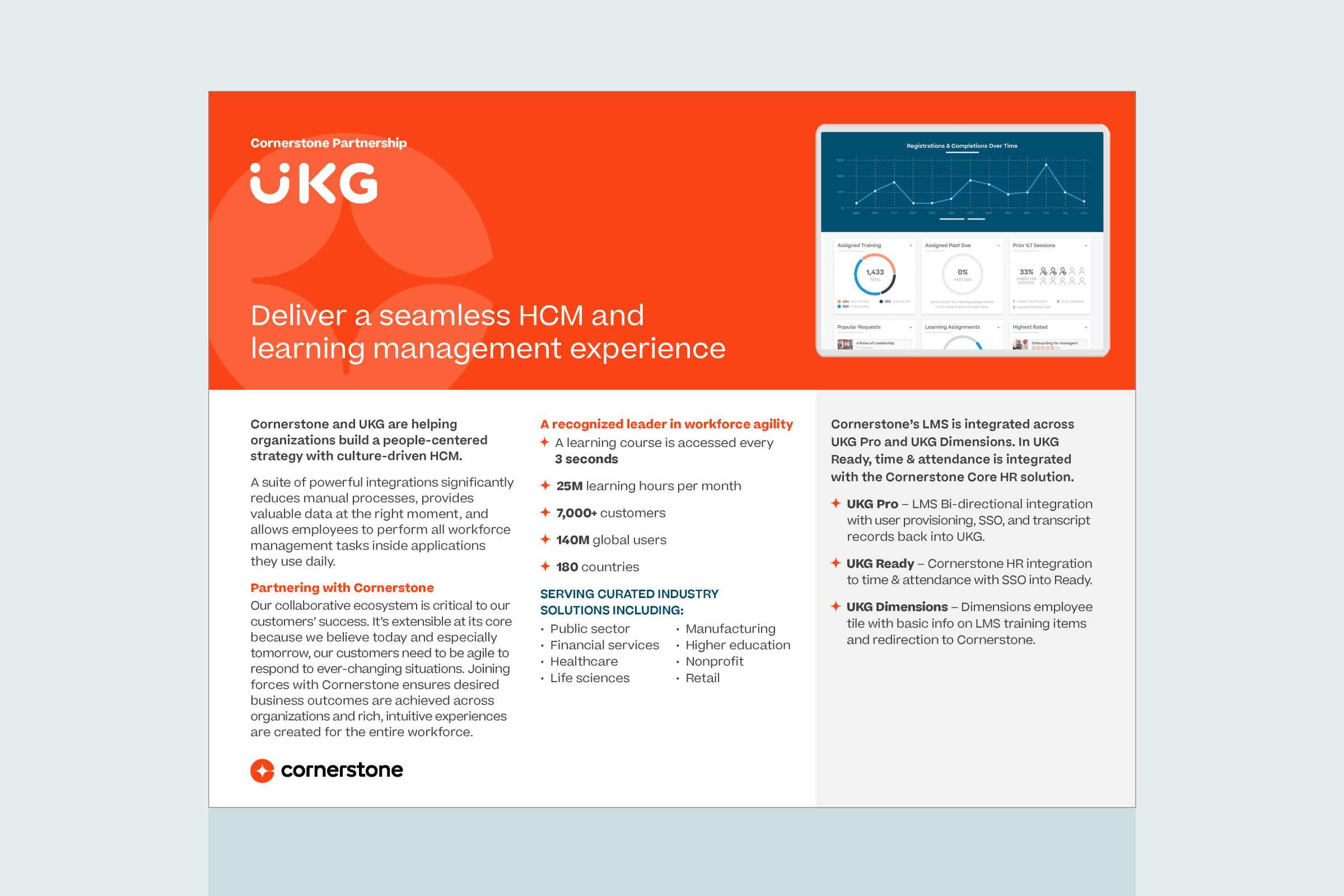Let’s face it, not all super skilled employees are born leaders. The attributes that make up great managers — integrity, good judgment and vision (to name a few) — aren't skills that can be taught. It's far to say that not all rock star employees are, based on skill set, also amazing leaders. One does not begat the other.
In fact, training firm Development Dimensions International reports that just 46 percent of employees actually want to do their boss' job. How, then, can companies empower highly skilled workers without actually placing them in positions of power?
Semantics are called into question around the difference between a manager and a specialist, but one thing is for certain: companies should spend more time defining and highlighting the difference between the two, Fiorella Callocchia of consulting firm HR Impact suggests.
"One best practices that companies such as Microsoft and The Royal Bank have undertaken is segmenting their workforce based on which employees are in critical roles, which might not be management roles, such as technicians, IT, marketing or designers and promoting them along a specialist career track that includes bonuses, compensation and acknowledgement," she says.
Callochia offers a few best practices for company leaders looking to diversify their internal career tracks:
- Find out what your critical roles are: For technical companies like Microsoft, having highly skilled engineers, for instance, is a vital asset that should be rewarded and acknowledged by the company.
- Set up your compensation system accordingly: Oftentimes salary increases come with added responsibility, such as managerial promotion. Skilled employees who aren’t managers should know what their compensation levels are and what they can do outside of management to reach their financial goals.
- Clarify for employees what they need to accelerate to the next level: Outside of management, a lot of companies don’t make it clear what kind of upward mobility is available to them. Developing transparency around a skilled worker’s career track can help empower these employees aim higher.
- Do regular assessment testing: Assessment testing for leadership and career growth throughout an employee’s lifecycle can be beneficial both for the company and the employee to see how their skills have developed overtime and whether they are ready for a leadership position.
However, it’s not just up to employers to foster an employee’s career growth, explains Callochia. "In today’s economy, employees, regardless of their level, need to take accountability and step up to the plate to get their they want to be," she says. "While the organization needs to send the message that they value their role, it's up to employees to reach higher."
Photo credit: Can Stock


